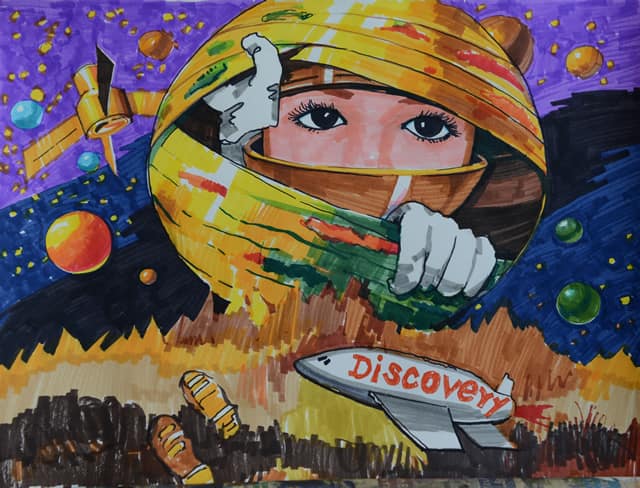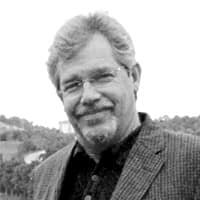The Art of Science Communication April 8 at Embry-Riddle in Daytona Beach

The forum is open to the public. Click here for a map of campus.
The Art of Science Communication is presented by Project PoSSUM, a non-profit research and education organization that is training citizen-scientist astronaut candidates to travel into the mesosphere (30-50 miles above the Earth) to study changes in the upper atmosphere to help understand how these changes affect the global climate. The training involves immersive educational programs held in partnership with Embry-Riddle at its Daytona Beach Campus.
PoSSUM is an acronym for Polar Suborbital Science in the Upper Mesosphere. Project PoSSUM and the Art of Science Communication will include artist, retired astronaut and Embry-Riddle alumna Nicole Stott, neuroscientist and SciArt Exchange Executive Director Dr. Jancy McPhee, Project PoSSUM Executive Director Dr. Jason Reimuller and Embry-Riddle mathematician and composer Dr. Greg Spradlin.
“PoSSUM is making novel measurements of noctilucent clouds from aircraft, high-altitude balloon, and soon suborbital spacecraft,” said Dr. Reimuller. “We are observing the most sensitive part of our planet in ways never seen before, and these observations enable new ways for both scientific analysis and artistic interpretation. Scientific analysis helps us better address fundamental questions of our atmosphere; artistic interpretation allows these insights to be communicated in many ways to many different communities.”
The forum is part of a PoSSUM course titled “SciArts and Science Communication,” a collaborative effort between Project PoSSUM and the SciArt Exchange that is instructed by Dr. McPhee. The course teaches students how to best express science through art. The program will be held April 6-8 and is open to all interested students. Registration may be made online at www.projectpossum.org/programs/graduate-programs/science-education.
“Really wonderful things happen through the integration of art and science,” said Stott, who is also a member of the Board of Trustees at Embry-Riddle. “I look forward to this PoSSUM program discussion on The Art of Science Communication as we explore this SciArt topic.”
The science and art forum will coincide with PoSSUM Scientist-Astronaut Candidate Class 1701, which will bring citizen-scientist candidates from around the world to Embry-Riddle’s Daytona Beach Campus to study noctilucent cloud science. These citizen-scientists will learn how to operate PoSSUM instrumentation in simulated suborbital spaceflight through a one-week program held April 7-12. Interested individuals may apply online at projectpossum.org.
Project PoSSUM and the Art of Science Communication is free, open to the public and will take place at the Daytona Beach Campus, from 10 a.m. – 11:30 a.m., Saturday, April 8, in the Willie Miller Instructional Center Auditorium. Click here for a map of campus.
About Project PoSSUM
Project PoSSUM, a 501(c)(3) non-profit organization, is the first manned suborbital research and education program devoted to the study of the upper atmosphere and the role it plays in the understanding of the global climate. The PoSSUM Scientist-Astronaut Candidate Program and Advanced PoSSUM Academy are held at Embry-Riddle Aeronautical University in Daytona Beach, Fla. PoSSUM Instrumentation is funded by NASA and will be flown first in PoSSUM research aircraft and later over Antarctica in 2017 as the “PMC-Turbo” experiment. The PoSSUM Noctilucent Cloud Tomography Experiment is supported by NASA's Flight Opportunities Program as the “Noctilucent Cloud Imagery and Tomography Experiment,” granted in March 2012 and PoSSUM students train to fly this suborbital mission. For more information, visit www.projectpossum.org or follow us on www.facebook.com/projectpossum.
About SciArt Exchange
SciArt Exchange supports the development of programming and partnerships that bridge public understanding and the communication of science and engineering activities through the world of art. SciArt provides an interdisciplinary framework that places a focus on issues related to space, advanced technology, energy, health and medicine and sustainability. For more information, visit http://sciartex.org.

 James Roddey
James Roddey